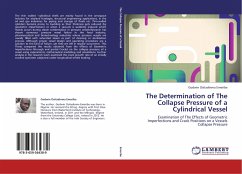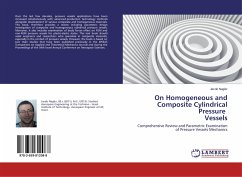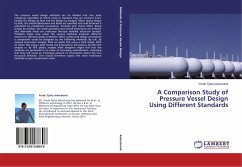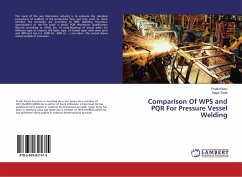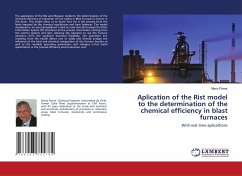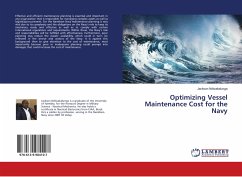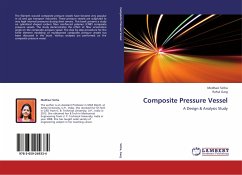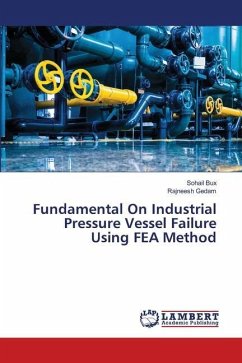The thin walled cylindrical shells are mainly found in the aerospace industry for airplane fuselages, structural engineering applications, in the oil and gas industries for piping and storage of fluids etc. Thin-walled cylinders become prone to buckling as their thickness gets reduced (by geometric imperfection) or when a vacuum is suddenly induced which mainly occurs during steam condensation in pressure vessels.Research has shown numerous pressure vessel failure in the food industry, pharmaceutical and biotechnology industries where pressure vessels are usually filled with saturated steam as part of cleaning or sterilization process. Although proper vessel design and operating procedure are a solution to this kind of failure, yet they are still in regular occurrence. This Thesis compared the results obtained from the effects of Geometric Imperfections (through and partial Cracks) on the collapse pressure of a vessel using experiments, mathematical modelling and simulations. Further analysis in the research work examined the crack growth rate of an initially cracked specimen subjected under longitudinal tensile loading.
Bitte wählen Sie Ihr Anliegen aus.
Rechnungen
Retourenschein anfordern
Bestellstatus
Storno

